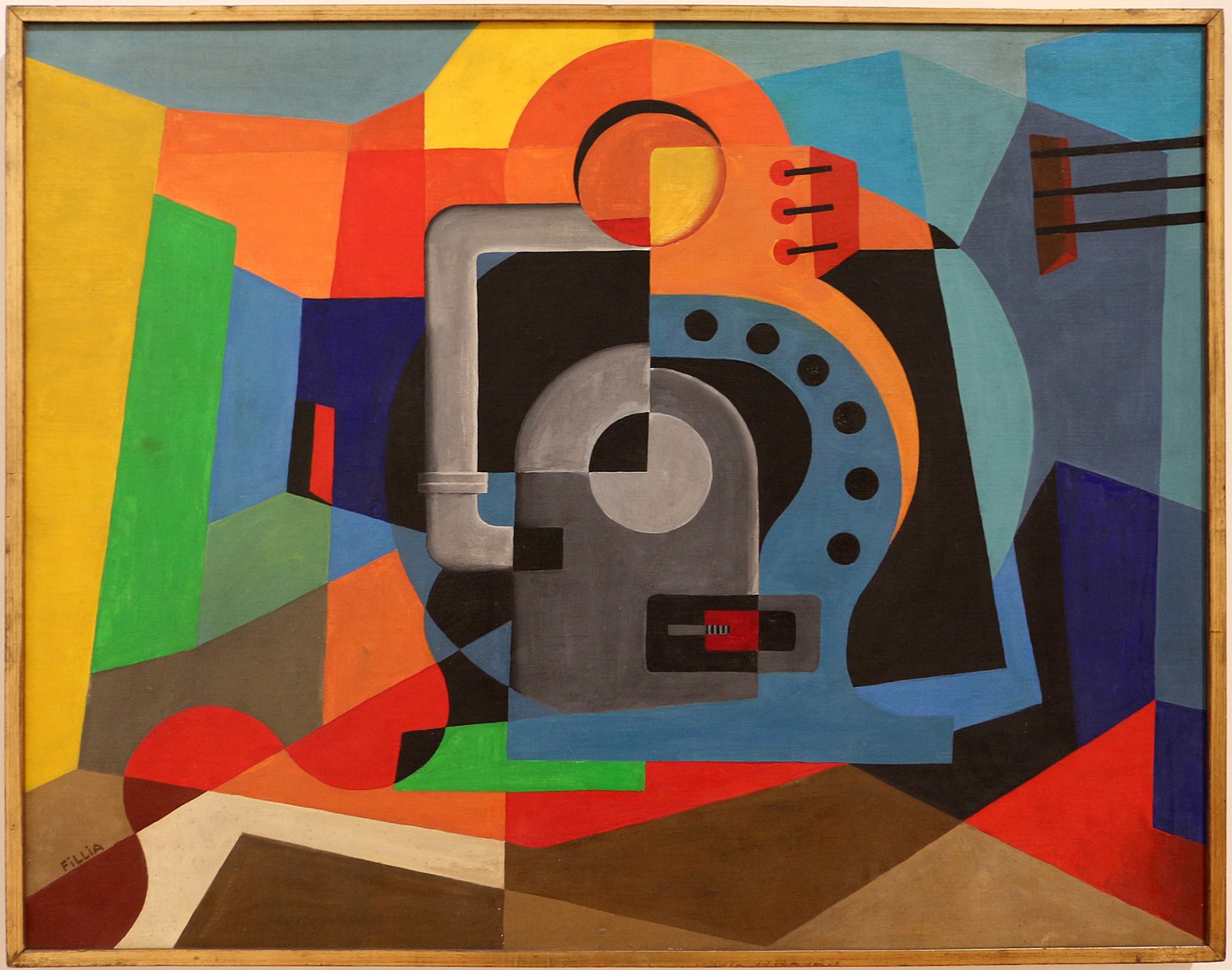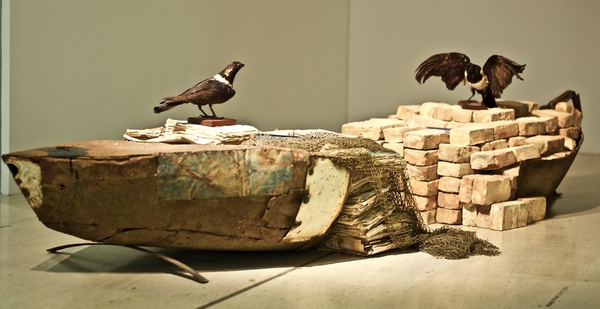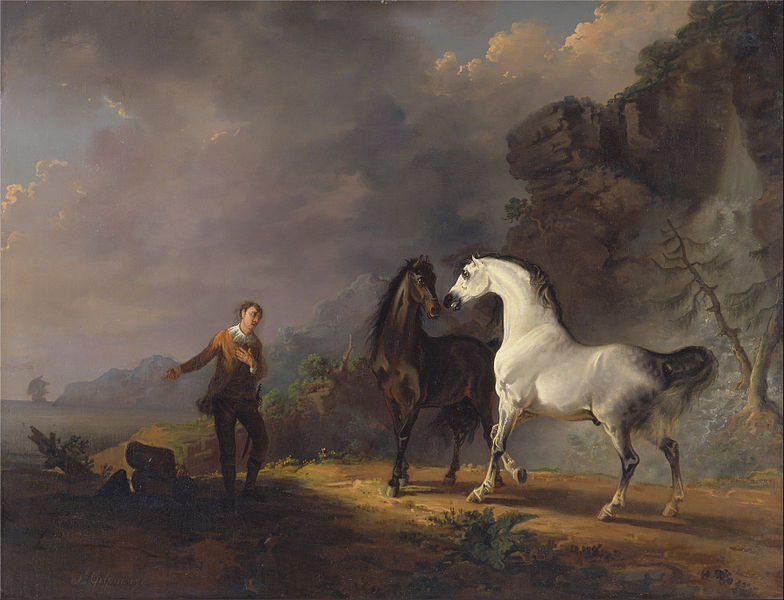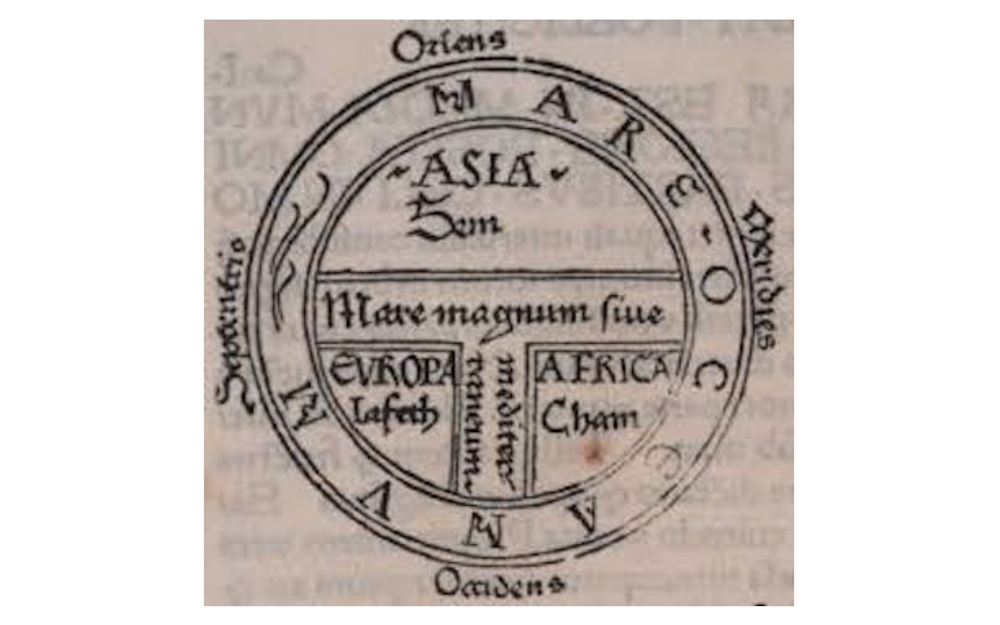The following is the text of the University Lecture given by New Polis editor Carl Raschke for the University of Denver (DU). According to the DU website, “the University Lecturer


CRITICAL THEORY | SOCIAL ANALYSIS | POLITICAL PHILOSOPHY AND THEOLOGY

The following is the text of the University Lecture given by New Polis editor Carl Raschke for the University of Denver (DU). According to the DU website, “the University Lecturer

The following is the video and transcript of the third “Critical Conversation”, a monthly Zoom seminar with advance registration sponsored by The New Polis and Whitestone Publications and involving international scholars. The

This paper was first delivered at the 2020 Annual Telos-Paul Piccone Institute Conference. As conceived in a liberal framework, the subject is primarily rational (or at least rational enough) and

In my previous post, I drew on a longer genealogy of liberalism by Aryeh Botwinick to address Catherine Keller’s recent book, Political Theology of the Earth. Botwinick’s “The Good of Liberalism:

In his 1934 essay “Reflections on the Philosophy of Hitlerism,” Emmanuel Levinas evaluates the social and political realities that led to massive support for the Third Reich. What is fascinating

The following is the first of a two-part installment. This article contains spoilers for the film Sorry to Bother You. When Boots Riley’s film Sorry To Bother You burst into U.S. theatres this

In this post, I argue that postmodern writer, Raymond Federman’s reluctant commitment to text, his necessity to return to and interrupt narrative and to make text, emphasizing its artificial nature,

A variety of competing descriptions of ‘whiteness’ making up racist retreats to Romantic imaginaries of Anglo-Saxon identity go at least as far back as Thomas Jefferson. Jefferson had imagined himself